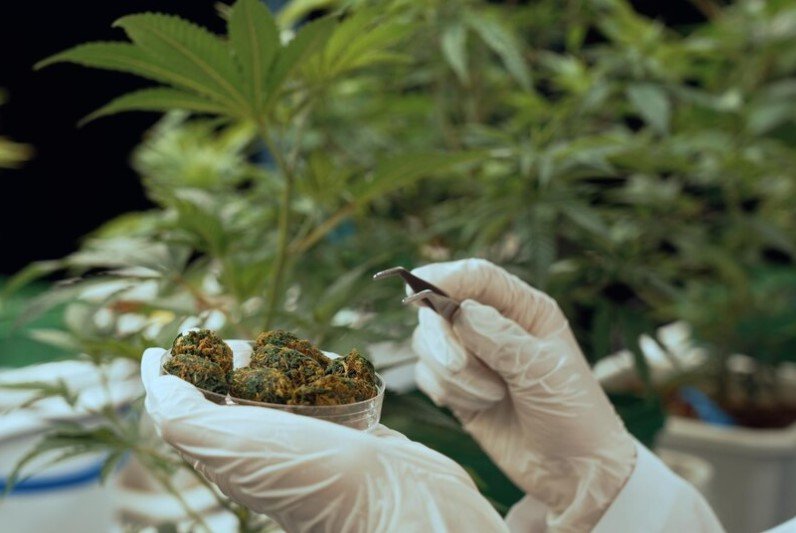In the first installment of a three-part webinar series, Dr. Marion McNabb and Dr. Peter Grinspoon shared their insights on cannabis as a harm reduction option. The discussion centered around the role of cannabis in reducing the use of harmful substances and its potential benefits.

The Cannabis Center of Excellence (CCOE)
The Cannabis Center of Excellence (CCOE), founded in 2018, is a nonprofit research and advocacy organization. Its mission is to integrate citizen-based science and foster community engagement through medical cannabis research, education, and programming. Dr. Marion McNabb, the Founder and President of CCOE, emphasized the practical applications of their research studies for clinical medicine, patients, and policymakers.
Research Studies and Insights
1. Self-Reported Medicinal Cannabis Use Among US Military Veterans
Dr. McNabb discussed a 2019 CCOE cross-sectional survey study titled “Self-Reported Medicinal Cannabis Use as an Alternative to Prescription and Over-the-counter Medication Use Among US Military Veterans.” In this study, 510 participants were asked about their use of cannabis, medications, and substance reduction with cannabis. Key insights from this study include:
- Cannabis is non-lethal: Veterans in the sample reported using more harmful substances less frequently by consuming cannabis daily or more than once per day.
- Clinician awareness: Healthcare providers should consider potential associations between race, gender, combat experience, and intentions for and frequency of medicinal cannabis use when working with patients to reduce unwanted prescription and medication use.
2. Counting Cannabis as an Alternative Study
The iCount Cannabis as an Alternative Study (2023) aimed to understand how patients consume cannabis to reduce unwanted substances, including prescription drugs, alcohol, tobacco, opioids, and recreational drugs. Key findings from this cross-sectional survey include:
- Usage patterns: Of the 586 respondents, 76% reported using cannabis as an alternative therapy or treatment for health conditions/symptoms.
- Reduction of substances: Cannabis helped reduce the use of various substances.
- 79%: Prescription drugs
- 62%: Tobacco
- 58%: Alcohol
- 54%: Opioids
Implications and Real-World Application
Dr. Grinspoon, a primary care physician and medical cannabis expert, shared experiences from his practice and research. The webinar emphasized the need for evidence-based discussions on integrating cannabis as a harm-reduction therapy. As the opioid epidemic continues, understanding cannabis’s potential benefits and risks is crucial for informed decision-making.
Conclusion
The Cannabis Center of Excellence’s research sheds light on the role of cannabis in harm reduction. By providing evidence-based insights, they contribute to informed medical practice and policy decisions.
